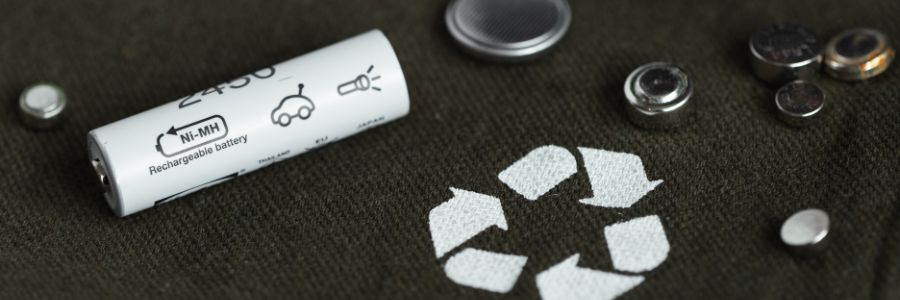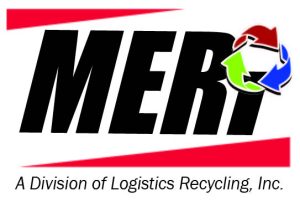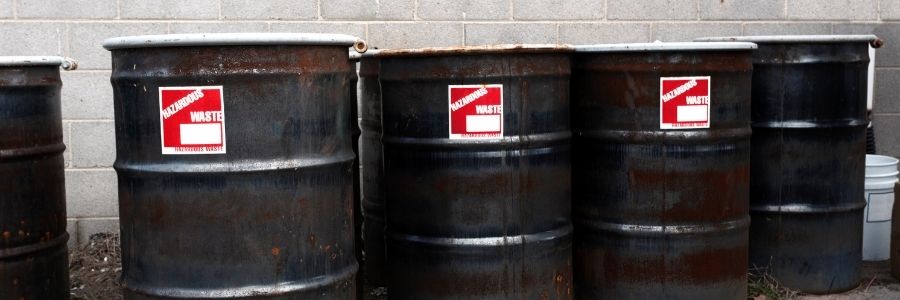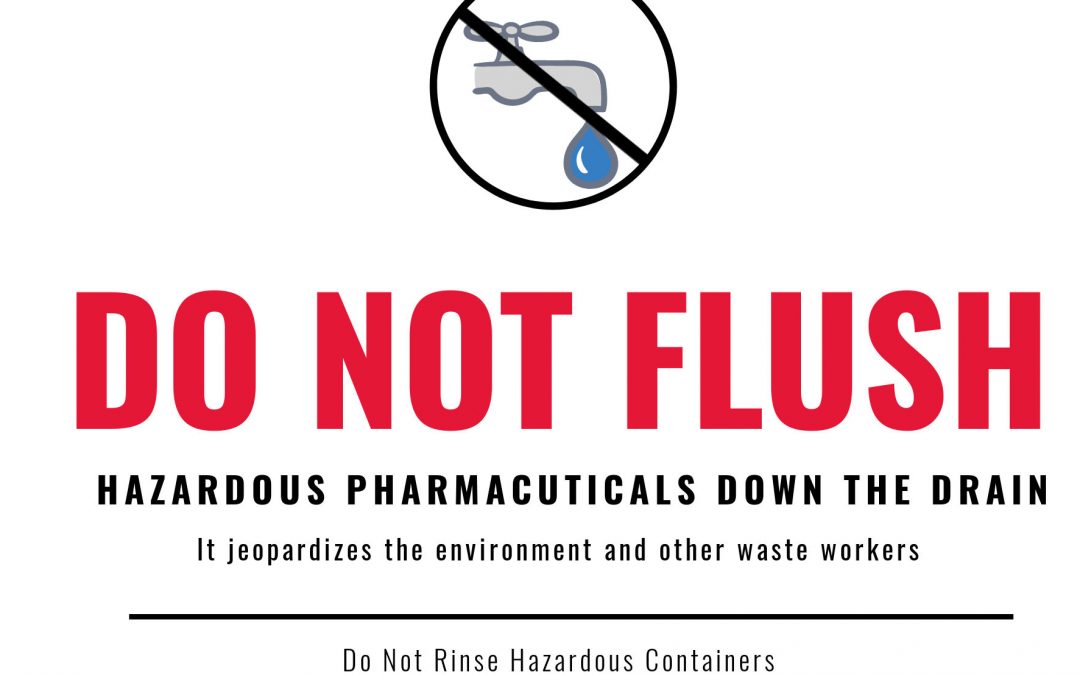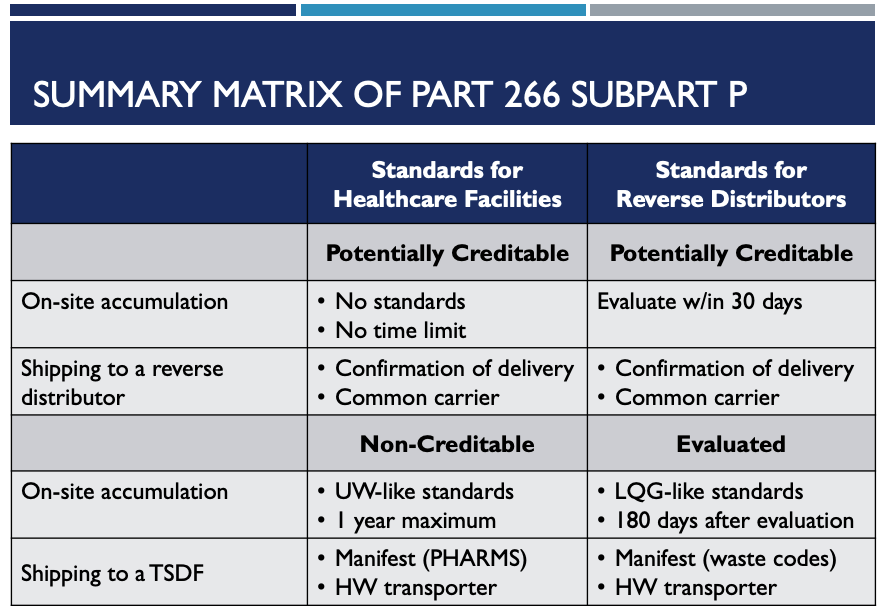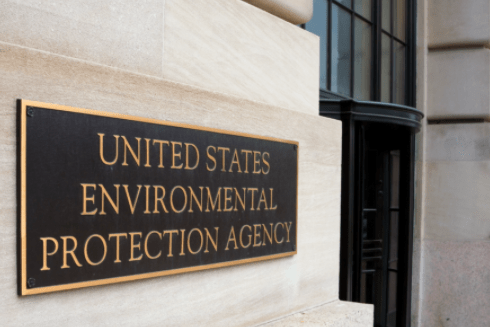Facilities can handle hazardous batteries as universal waste. The benefit is that the requirements for handling these types of batteries under universal waste standards are less stringent than those for hazardous waste, allowing them to be collected, stored, and...
